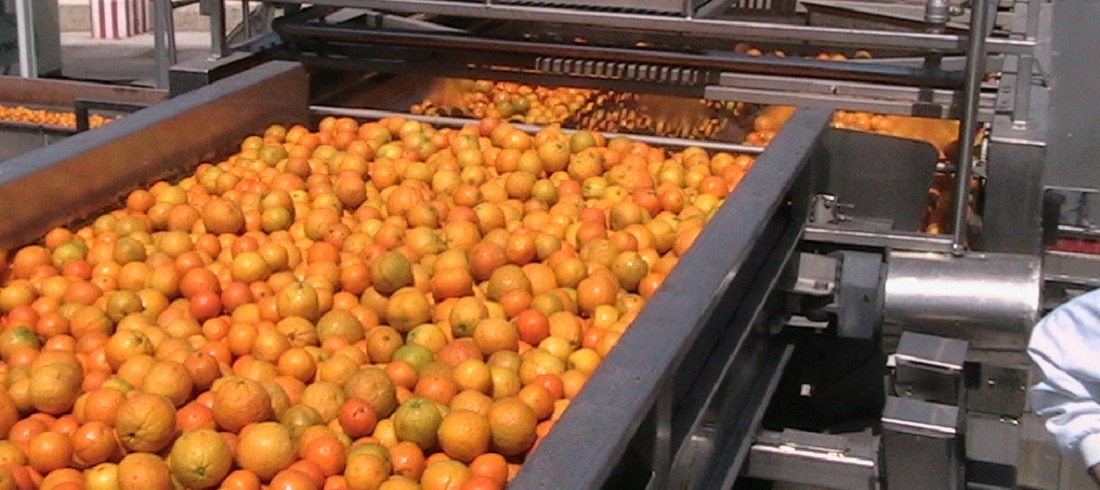
Orange juice exports set for another decline amid weak demand
Jan, 17, 2025 Posted by Gabriel MalheirosWeek 202503
Brazil, the world’s largest supplier of orange juice, is on track to conclude its second consecutive harvest with a decline in export volumes. After a 19.7% drop in shipments during the first half of the 2024/25 season, limited supply and weakening demand are expected to keep the sector under pressure.
From July to December 2024, Brazil exported 430,078 tonnes of orange juice (FCOJ equivalent to 66 Brix), compared to 535,604 tonnes during the same period of the previous cycle, according to data released by CitrusBR, the sector’s exporters association, based on government statistics.
Despite the decline in volume, export revenue surged 42.66% to $1.9 billion, driven by higher juice prices.
“The sector has endured five cycles of small and medium harvests, and according to international benchmarks, unprecedented price increases are making demand contraction unavoidable,” said Ibiapaba Netto, executive director of CitrusBR.
Mr. Netto noted that the 2024/25 season began with historically low stocks due to the poor orange harvest in the previous cycle. As of June 30, 2024—the official end of the last harvest—juice stocks held by CitrusBR member companies totaled 116,710 tonnes, the third-lowest level on record.
Moreover, the current harvest is projected at 223.14 million boxes of oranges (40.8 kilograms each) by the Fund for Citrus Plant Protection (Fundecitrus), a 27.4% decrease compared to the 2023/24 cycle.
“As a result, the amount of juice available this season is lower than last year, and the trend is for exports in the second half of the harvest to be even smaller than they were a year ago,” Mr. Netto predicted.
Given this scenario, Mr. Netto said, “We can say with some certainty that exports will end the harvest year below last year’s levels.” He also acknowledged that declining demand poses additional challenges for the market.
High prices, which weigh on global demand for orange juice, are not the only issue. Structural changes in importing markets are also contributing to the decline, said Andrés Padilla, an analyst in the Research and Sectoral Analysis Department at Rabobank Brazil.
He cited Europe as an example, where demographic shifts—fewer children per family and an aging population—are reducing juice consumption. Additionally, competition from other beverages, such as tea, coffee, and mineral water, has increased.
In the United States, however, reliance on Brazilian orange juice is expected to grow following the devastation of Florida’s orange groves caused by hurricanes and citrus greening disease.
Mr. Padilla observed that international orange juice prices have reached an equilibrium point after sharp increases last year. As of late 2024, orange juice futures on the New York Stock Exchange were up 49.56%, according to Valor Data.
“Going forward, everything depends on updates about Brazil’s 2025/26 harvest. If the groves recover well with summer rains, prices could drop. But if there are reports of climate-related damage to the groves, prices will rise,” the analyst said.
By Nayara Figueiredo
Source: Valor International
-
Other Logistics
Mar, 21, 2023
0
Argentina tries to collect toll from Paraguay for Parana waterway traffic
-
Trade Regulations
Mar, 07, 2025
0
Canada seeks to deepen trade ties with Brazil amid Trump’s pressures
-
Ports and Terminals
May, 05, 2022
0
Pernambuco is now closer to reclaiming the autonomy of the Port of Suape
-
Ports and Terminals
Jan, 27, 2020
0
Paranaguá Port’s public silos ready to receive cargo again

